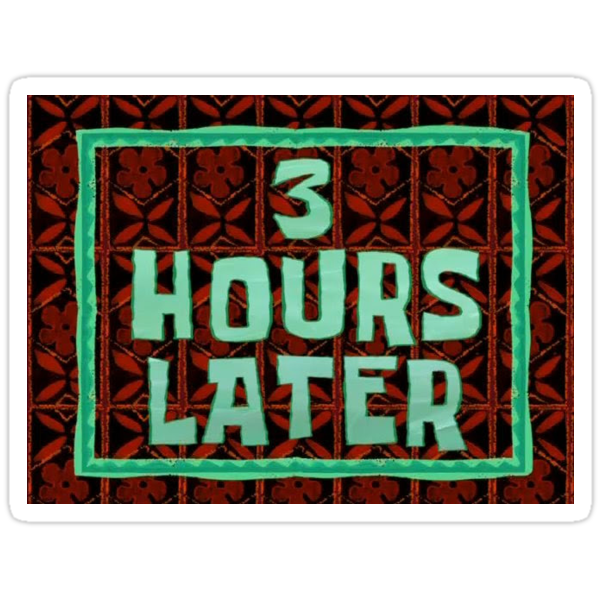
Cora Collette Breuner, spokesperson for the American Academy of Pediatrics and professor of pediatrics at the University of Washington School of Medicine. "We need to give every bit of equity we can for kids in lower socio-economic families," says Dr. The later school start time gave them a better opportunity to make it to school on time. The number of students who were tardy or absent also decreased significantly, putting Franklin High School - which is in a low-income neighborhood - on par with students from a higher-income neighborhood. "Some of the best practices in science education have students talk, discuss and investigate together and those are all very hard when the brain is not fully powered," Katzaroff says.Īfter the time switch, many more kids were able to engage in deeper thought and scientific discourse. Students had a hard time engaging in the work or in brief discussions, which is extremely unfortunate. Katzaroff says "there was lots of yawning" when school started at 7:50 a.m. "For example, if I gave them a project in the lab, they would be the most likely class to mess up," she says.įranklin High School science teacher A.J. Students were groggy and noticeably different from students who took her class later in the day. there would always be stragglers who were having a hard time getting here," says Cindy Jatul, who teaches biology at Roosevelt High School. Shots - Health News Teen Night Owls Struggle To Learn And Control Emotions At School He says sleep deprivation makes it more difficult to learn and to retain new information.Įven though researchers can't be sure that more sleep gave students an academic edge, the school's biology teachers say the difference was striking. That could be the difference between an A and a B, says de la Iglesia. Students who took the biology class after the later start time got final grades that were 4.5 percent higher than students who took the class when it started earlier. The study also shows a link between getting more sleep and better academic performance. "Thirty-four minutes of extra sleep each night is a huge impact to see from a single intervention," says de la Iglesia. "We've put them in between a rock and a hard place where their biology to go to bed later fights with societal expectations," says lead researcher Gideon Dunster, a graduate student studying sleep at the University of Washington. Bedtimes stayed relatively constant and kids caught some extra sleep in the mornings. You might think that when school starts later, teens will just stay up later. They also wore wrist activity monitors and kept a sleep diary. In 2017, after schools changed start times to nearly one hour later, researchers looked at a group of 88 students taking the same biology classes. The wrist monitors collected information about light and activity levels every 15 seconds so researchers could determine when students were awake and when they were asleep. The first group of 92 students, drawn from both schools, wore wrist monitors to track their sleep for two-week periods in the spring of 2016, when school still started at 7:50 a.m. In the study, researchers compared two separate groups of sophomores enrolled in biology classes at two Seattle high schools, Franklin High School and Roosevelt High School. This boosted their total nightly sleep from 6 hours and 50 minutes to 7 hours and 24 minutes.

They found students got 34 minutes more sleep on average with the later school start time. Their findings appear in a study published Wednesday in the journal Science Advances. Researchers at the University of Washington studied the high school students both before and after the start-time change.

But the bottom line goal was met: Teenagers used the extra time to sleep in. This was no easy feat it meant rescheduling extracurricular activities and bus routes. Beginning with the 2016-2017 school year, the district moved the official start times for middle and high schools nearly an hour later, from 7:50 a.m. In Seattle, school and city officials recently made the shift.

As evidence grows that chronic sleep deprivation puts teens at risk for physical and mental health problems, there is increasing pressure on school districts around the country to consider a later start time.
#3 HOURS LATER FULL#
Many American teenagers try to put in a full day of school, homework, after-school activities, sports and college prep on too little sleep. Most school start times don't accommodate that drive. Teens' biological clock drives them to stay up late and sleep in.


 0 kommentar(er)
0 kommentar(er)
